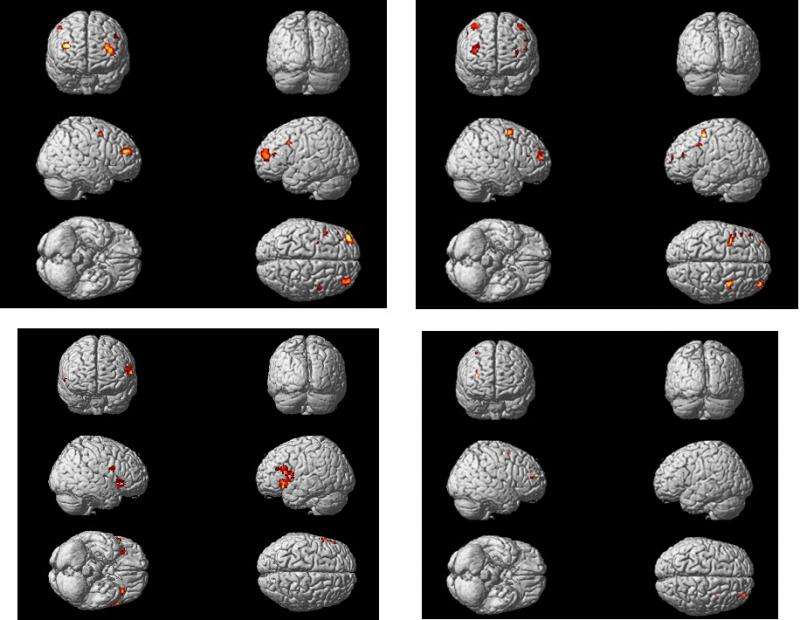Changing activity in the ageing brain

Normal ageing affects our ability to carry out complex cognitive tasks. But exactly how our brain functions change during this process is largely unknown. Now, researchers in Malaysia have demonstrated that ageing changes the activity patterns in specific brain regions involved in memory and cognition.
Led by Hanani Abdul Manan of the Universiti Kebangsaan Malaysia, the study focused on brain regions that are used to carry out two complex cognitive processes: visual mental imagery, which allows us to form images in our mind; and working memory, the ability to temporarily hold information at the front of our minds.
The researchers tested these cognitive functions as well as the brain activity that underlies them in 54 Malaysian men aged 20 to 65. The participants were divided into four age categories and asked to perform a backward repeating task. They first heard five familiar words and were then asked to visualise and rearrange those words in their mind before repeating them aloud in reverse order. Their performance was assessed by the accuracy of repetition. Brain activity was measured during the task using functional magnetic resonance imaging.
The researchers found that participants' performance declined with increasing age and this decline was accompanied by differences in brain activity between the age groups. All age groups used the same areas of the brain to perform the task, but the pattern of activation differed. As participants aged, activity decreased in two frontal areas of the brain (the inferior frontal gyrus (IFG) an middle frontal gyrus (MFG)) that are involved in complex cognition. Conversely, activity increased with age in two other areas of the brain (the cerebellum and precuneus) that form strong connections with those frontal regions.
The reasons for the different patterns of brain activity are unclear, but the decline in task performance with age suggests that the lower activity in frontal regions of the brain impairs cognitive performance, while the higher activity in the other regions might represent compensatory mechanisms.
The researchers say their future research will be geared toward evaluating the effects of various cognitive tasks on an ageing brain. In particular, their focus will be on tasks that involve working memory processing and on understanding how this processing is influenced by experimental manipulations. The team hopes its research will lead to a better understanding of how the brain works and how ageing affects normal brain functions.
















